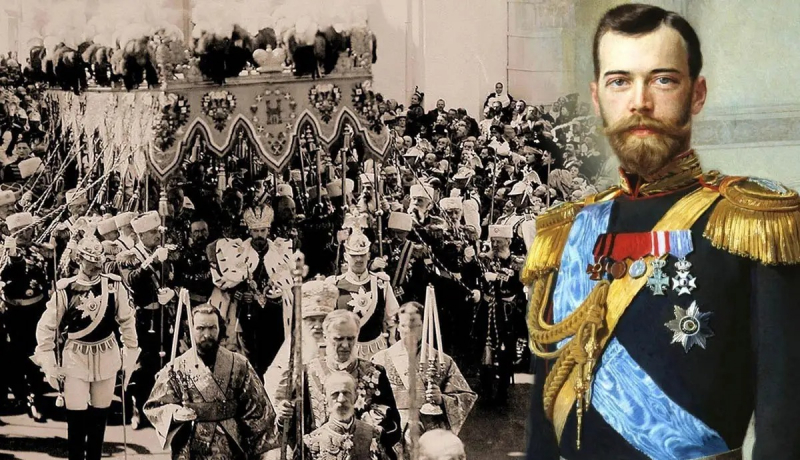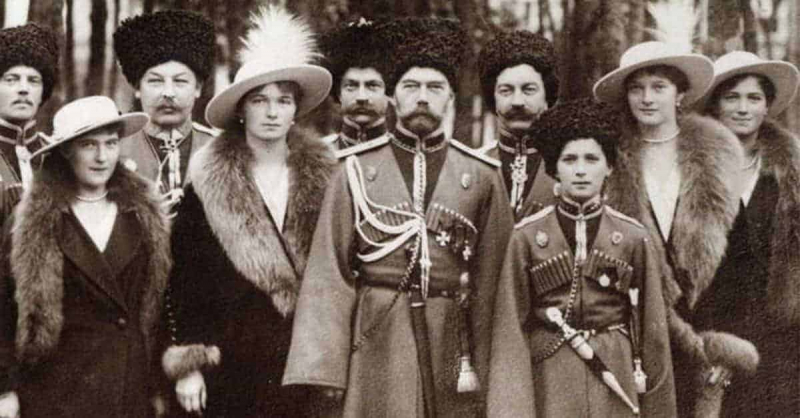Russian Empire
Russian Empire, a historical empire founded on November 2, 1721, when the Russian Senate conferred the title of emperor (imperator) of all the Russias upon Peter I. The abdication of Nicholas II on March 15, 1917, marked the end of the empire and its ruling Romanov dynasty. The Russian Empire spanned parts of Europe, Asia, and North America from 1721-1917. After the Bolsheviks took power, the Soviet Union was established in 1922. The Russian Empire is recognized as one of the most powerful colonial empires of the 20th century.
The Russian Empire stretched from the Baltic Sea and Eastern Europe to the Pacific Ocean. It controls about one-sixth of the Earth's area and has a population of about 128 million. It has the largest army in Europe with 1.5 million men and can be quadrupled when reservists and conscripts are called up. World War I was the main cause of the collapse of the Russian Empire. Millions of people died, industries collapsed and there was famine. The war also changed the map of Europe, resulting in Russia losing control of Poland, Finland, Lithuania, Estonia, and Latvia. The then-leader Nicholas II was overthrown by the Communist Party that established the Soviet Union.
- Major Events: Russian Revolution, Russo-Japanese War, Russo-Turkish wars, Russian Revolution of 1905, Crimean War
- Key People: Peter I, Catherine the Great, Sergey Yulyevich, Graf Witte, Konstantin Petrovich Pobedonostsev












